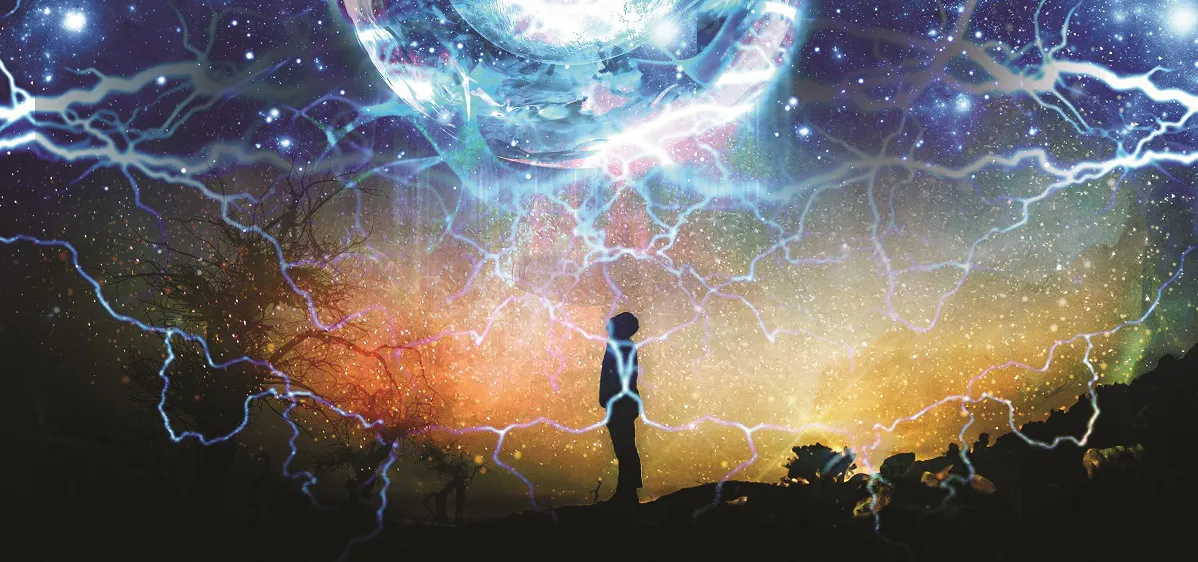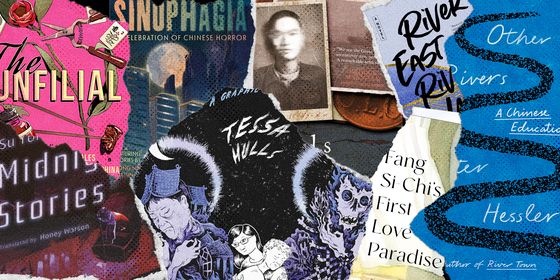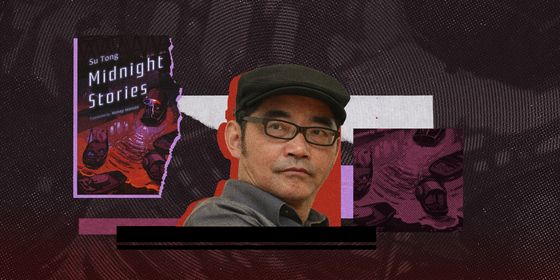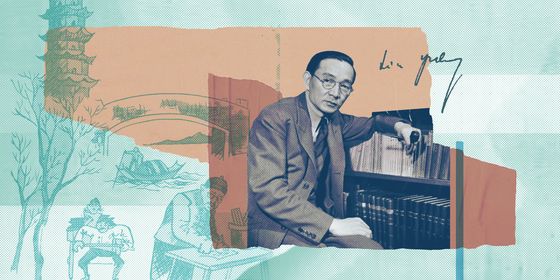In a tale of obsession and invention, Liu Cixin’s latest translated novel puts a new face on the sci-fi master
The science of Liu Cixin’s Ball Lightning is less compelling than the brutalities of his famed Three Body Problem trilogy. It’s about the strange and observable scientific phenomenon of ball lightning. Fans of Liu will ask the inevitable: How is he going to use it to smash the world to bits?
Those drawn to the darkness of the writer’s work may find themselves a little disappointed. The themes that Liu is famed for, such as inescapable destruction and planet-wide genocidal conspiracies, are more domesticated.
Ball lightning—once considered the realm of conjurers and conmen—is a real phenomenon. Believed to be plasma, ungrounded feedback, and other natural forces creating a visual curiosity, ball lightning is somewhat special to Liu; he claims to have actually seen it in a field in Handan, Hebei province, in 1982. This experience no doubt drove the central theme of this novel: obsession.
The book’s main character, Chen, driven by a tragic experience, spends his life in search of a phenomenon so rare it was once thought to be fictional. His fixation necessitates a little legwork, as the characters go from discovery, to measurement, to production, until the new principle feels real. Liu’s fourth novel (in translation) is, partly, about science as a discipline, with large swaths consumed with finding funding for what is, essentially, the scientific equivalent of pitching a perfect game.
The supporting cast can also be measured by the state of their own obsession; some are methodical, others maniacal. But whether it’s a fascination with landmines or weather stations, everyone ends up with at least some blood on their hands.
Those who go to Liu for the fantasy will be disappointed to see China’s greatest sci-fi author remain in the realm of meteorology, mathematics, and physics. Liu is famed for his ability to interweave diverse disciplines with his plots, but Ball Lightning moves pretty succinctly from meteorology to quantum science. The original manuscript was published in 2003, and there have been a number of advancements since; a supercomputer would have come in handy in the book, and China now possesses the world’s fastest. We now know more about the physics of ball lightning, but it is Liu’s imagination that takes the phenomenon from the lab to the page.
The early stages of the novel have more in common with a child’s imaginings on the nature of the subatomic world than a hard sci-fi storyline, and the big reveal is a “what if” that wouldn’t be out of place in an after school cartoon.
The story itself, thus, is an insular one: A handful of characters divert their common obsession into the business of scientific discovery. With only one proper genius among them, the others drag the plot forward by sheer determination. Ball Lightning moves along with nary a mention of the machinations of the outside world—besides the devastating world war threatening to destroy China and exterminate billions (this is Liu Cixin we’re talking about, after all).
Yes, Liu goes to war once again, armed with uncertain principles (including the uncertainty principle) and braced for a healthy body count. In his work, Liu is always seemingly more at home among soldiers than scientists, whose philosophies he rarely fails to bring into dire conflict. Indeed, the main character, Chen, has a foil in Lin Yun, a woman as obsessed with conceptual weapons as Chen is with ball lightning. Driven by a family member’s death during China’s border fights with Vietnam, Lin Yun’s mania makes her cold, unfeeling, and driven. By contrast, Chen looks to his to give his life meaning.
Although this novel lacks the verve of the Three Body trilogy’s galaxy-spanning conversations, fiery space battles, and cast (though Ding Yi makes an appearance and alludes to later books), there is something to be said for the adherence to an internal universe that hinges on phobias and fascinations. This book is different precisely because it allows Liu to delve into the empathy between more realistic characters moving at a slower pace. One might even accuse the famous pessimist of sentimentality.
Liu eschews didactics in all of his novels and stories; quite often, the moral can be boiled down to “science kills.” In Ball Lightning, however, one feels echoes of the early days of the atomic bomb—the secrecy, the horror, the guilt, the driving force of war. Necessity may be the mother of invention, but the Ministry of Defense pays mother’s bills.
Yet even in this moral darkness, Liu tries to light a new world at the novel’s end. He takes something at atomic level, and blows it so out of proportion to make it tangible. Like all great sci-fi authors, Liu Cixin always finds a way to make you feel small.
Lightning Round is a story from our issue, “Home Bound.” To read the entire issue, become a subscriber and receive the full magazine.












